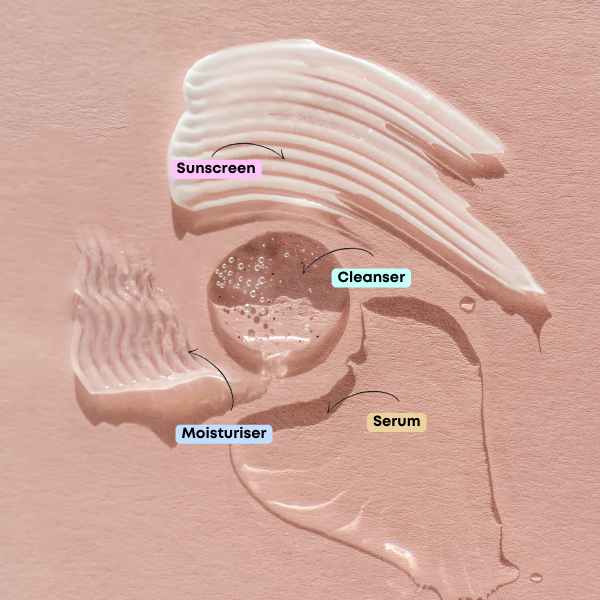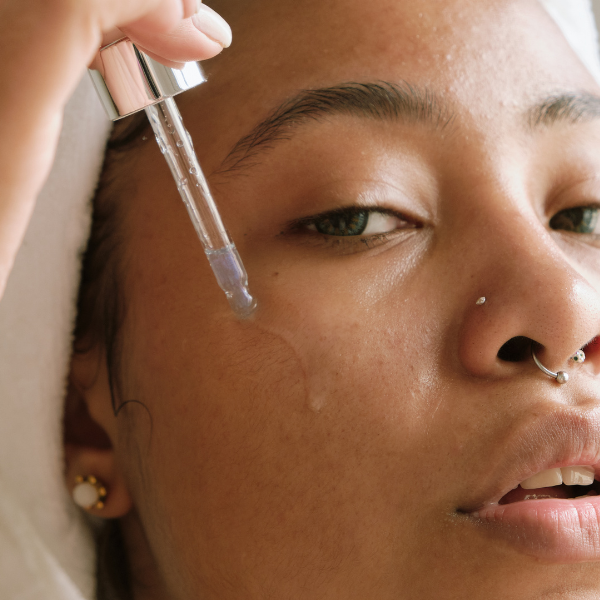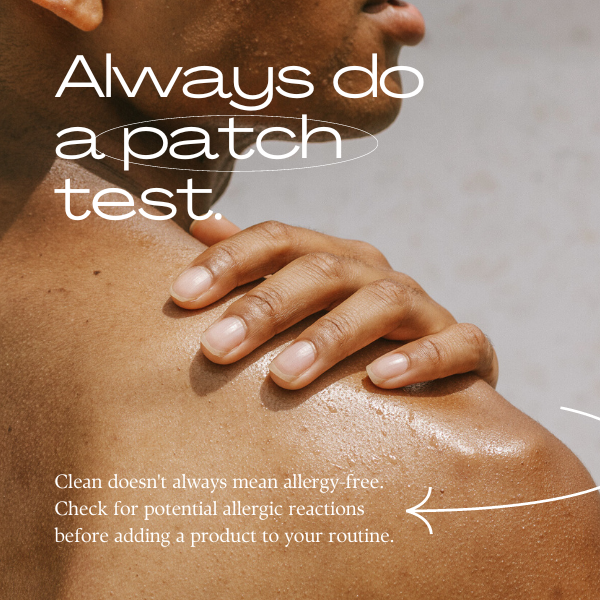As the saying goes, “Beauty is only skin deep.” That’s why so many of us care extra for pampering and maintaining our skin. We spend countless hours researching the latest products, trying new routines, and seeking expert advice. But despite our best efforts, there are still many myths circulating about skincare that can cause confusion and frustration.
Let’s take a closer look at 10 skincare myths debunked by experts and set the record straight on what’s fact and fiction.
Skincare Myths vs. Facts
Myth #1: The higher the SPF, the better protection
Many of us assume that the higher the SPF (Sun Protection Factor), the better protection we get from the sun’s harmful rays. However, that’s not entirely true. While an SPF of 30 is generally considered adequate for everyday use, higher SPFs don’t necessarily offer much more protection.
According to a Health Encyclopedia, an SPF of 30 blocks about 97% of UVB rays, while an SPF of 50 blocks about 98%. So, don’t worry about chasing the highest SPF numbers and focus on reapplying sunscreen regularly.
Myth #2: Oily skin doesn’t need moisturizer
One of the biggest skincare myths is you don’t need to moisturize if you have oily skin. In fact, skipping moisturizer can make oily skin worse. When dehydrated, the skin produces more oil to compensate, leading to more breakouts and a greasier complexion.
Instead, look for lightweight, oil-free moisturizers that won’t clog your pores.
Myth #3: Natural ingredients are always better
While natural ingredients can be great for your skin, not all “natural” products are created equal. Just because a product contains natural ingredients doesn’t mean it’s better for your skin than one that doesn’t.
Similarly, just because a product is synthetic or artificial doesn’t mean it’s terrible for your skin. The key is to look for ingredients backed by scientific research and proven effective.
Myth #4: Exfoliating every day is good for your skin
Exfoliating can be great for your skin, but too much of a good thing can be harmful. Over-exfoliation can lead to irritation, dryness, and even breakouts. Experts recommend finding a gentle exfoliator appropriate for your skin type and using it no more than twice a week.

Myth #5: You only need to wear sunscreen on sunny days
Many assume that we only need to wear sunscreen on sunny days or when we spend much time outdoors. However, UV rays can penetrate clouds and windows, meaning you’re still at risk even on cloudy days or when you’re inside.
Therefore, wear your sunscreen daily, even if you’re running errands or sitting at a desk all day.
Myth #6: Drinking more water will hydrate your skin
While staying hydrated is good for health, drinking more water won’t hydrate your skin. The water you drink doesn’t directly affect your skin at all. Consider using a hydrating moisturizer or facial oil to moisturize your skin from the outside.
Myth #7: Pores can open and close
Contrary to popular belief, pores can’t open and close like tiny doors. The size of your pores is determined by genetics, and while you can’t change their size, you can keep them clean and clear by exfoliating and using products that contain salicylic acid or benzoyl peroxide.
Read more about the skincare routine for open pores.

Myth #8: You only need to apply eye cream at night
Many of us assume that we only need to apply eye cream at night before going to bed. However, the skin around our eyes is delicate and needs hydration throughout the day.
Using eye cream in the morning can help reduce puffiness, dark circles, and fine lines. Look for a lightweight formula that won’t interfere with your makeup.
Myth #9: More expensive products are always better
While some high-end skin care products may have premium ingredients and fancy packaging, they may still need to be better than their more affordable counterparts. Many affordable skincare products contain effective ingredients and deliver outstanding results.
Don’t be fooled by marketing hype or fancy packaging – always READ the label and do your research.
Myth #10: Acne is caused by poor hygiene
Acne is a complex skin condition caused by various factors, including genetics, hormones, and stress. Keep your skin. Overwashing or scrubbing your face too aggressively can make your acne worse.
Experts recommend using gentle and non-comedogenic products as they won’t clog your pores and exacerbate breakouts.

Takeaway
Many skincare myths can cause confusion. By separating fact from fiction, you can make informed decisions about your skincare routine and achieve the healthy, glowing skin you deserve.
Do your research, listen to your skin, and don’t be afraid to experiment with different products and routines until you find what works best for you. You can achieve the beautiful, radiant skin you’ve always wanted with patience and perseverance!


